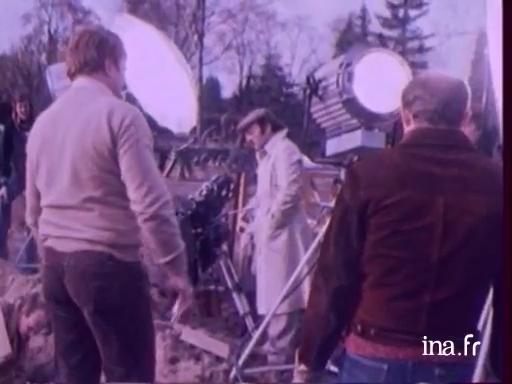Volker Schlöndorff shoots The Tin Drum, based on the novel by Günter Grass

Information
Report on the shooting of the film The Tin Drum and interview with director Volker Schlöndorff and the original author of the novel, Günter Grass.
- Europe > France > Ile-de-France > Paris
- Europe > Germany
- Europe > Switzerland
Context
Unlike other filmmakers of his generation, such as Wim Wenders, who was sometimes included in the "New German Cinema" movement, Volker Schlöndorff specialised himself in making adaptations of novels: after Robert Musil's Young Törless in 1966, he imposed himself in Germany with Heinrich Böll's The Lost Honor of Katharina Blum. (Later on he'll adapt to film Yourcenar, Proust and Arthur Miller).
His adaptation of Günter Grass's The Tin Drum (1979) concentrated itself on the first part of the novel, where, during the Nazi regime, a young boy named Oskar holds firmly onto his little drum and stops growing with just his will (the novel continues up until Stalin's death in 1953).
Both a scathing attack on Nazism and an allegory of 1970s youth which "refuses adult responsibilities", the film earned Schlöndorff a Golden Palm at the Cannes festival in addition to an Oscar for the best foreign film in 1980.




